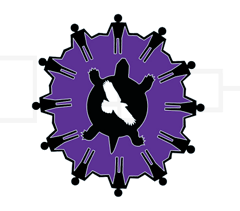Abstract
Abstract
Psychology as a science and practice developed with a Eurocentric model that has basic assumptions about humanity and our place in the world. The model places great value on individualism and individual achievement, autonomy and personal liberties, self-achievement and personal rewards.
However, the Eurocentric paradigm of individualism and autonomy in many ways is not effective to respond to global concerns that were not anticipated when psychology first developed. Local problems have become global concerns in which traditional Eurocentric assumptions about boundaries and self-interests no longer hold. Many of the issues that challenge psychological health today are too large, broad, or complex for individual or small group solutions. The world has changed in ways that is making the Eurocentric paradigm obsolete. In fact, one could argue that Western psychology is at some risk of becoming irrelevant.
What is needed is a paradigm that is strikingly different than what Eurocentric psychology can currently offer that will effectively address new global trends and changes. Oddly, psychological scientists have largely ignored alternative worldviews and practices by Native people virtually in their academic backyards. Indigenous beliefs that are more collective and communal in orientation are more closely aligned with the global realities faced today. A proposed outline of what a new paradigm for psychological science and practice is presented in order to initiate a conversation about how Indigenous beliefs and values may be infused to promote healing to all of Mother Earth.
Recommended Citation
Blume, Art W. Ph.D.
(2014)
"Sharing the light of the sacred fire: A proposal for a paradigm shift in psychology,"
Journal of Indigenous Research: Vol. 3:
Iss.
1, Article 4.
DOI: https://doi.org/10.26077/sryb-7h95
Available at:
https://digitalcommons.usu.edu/kicjir/vol3/iss1/4

